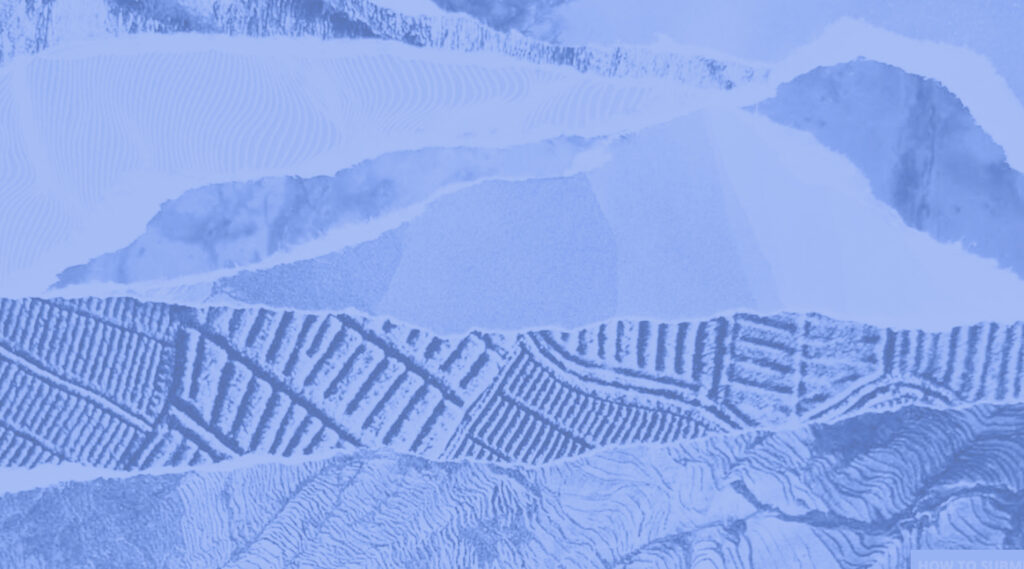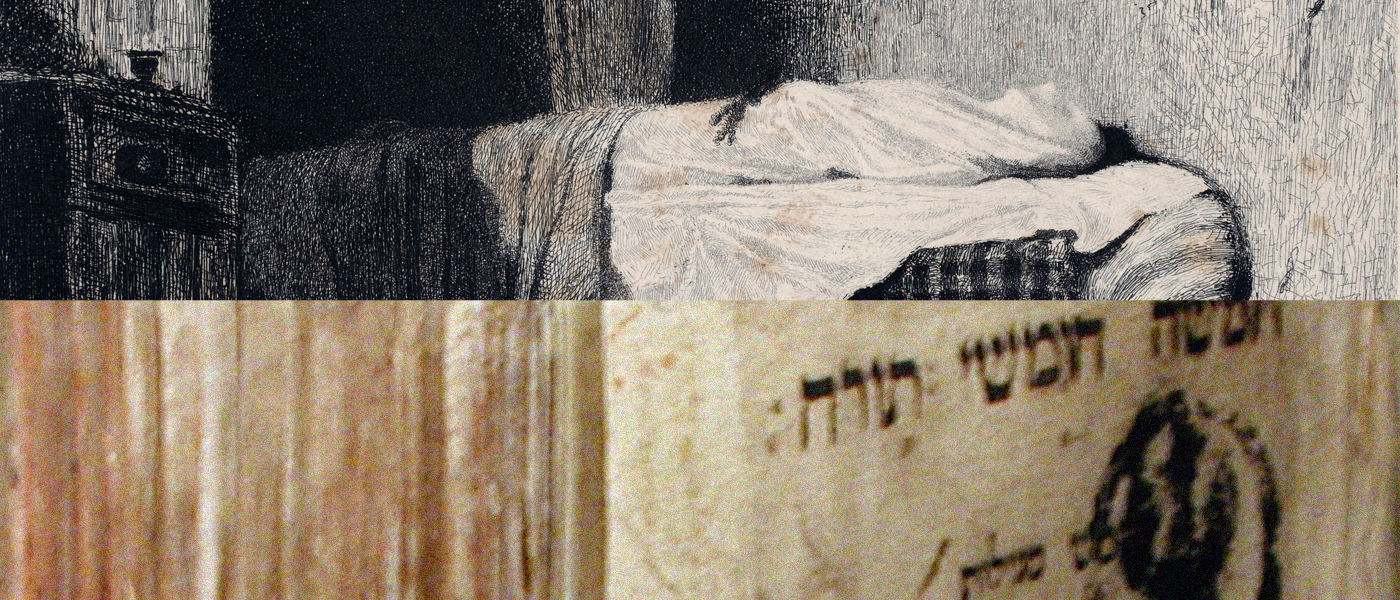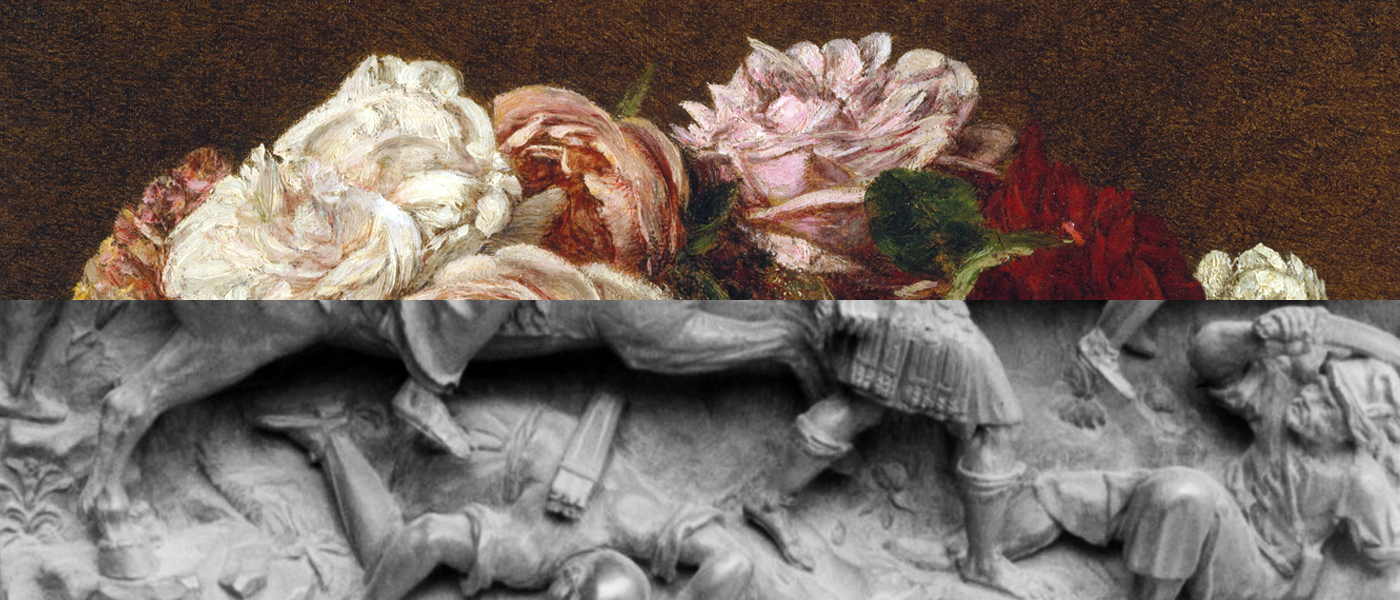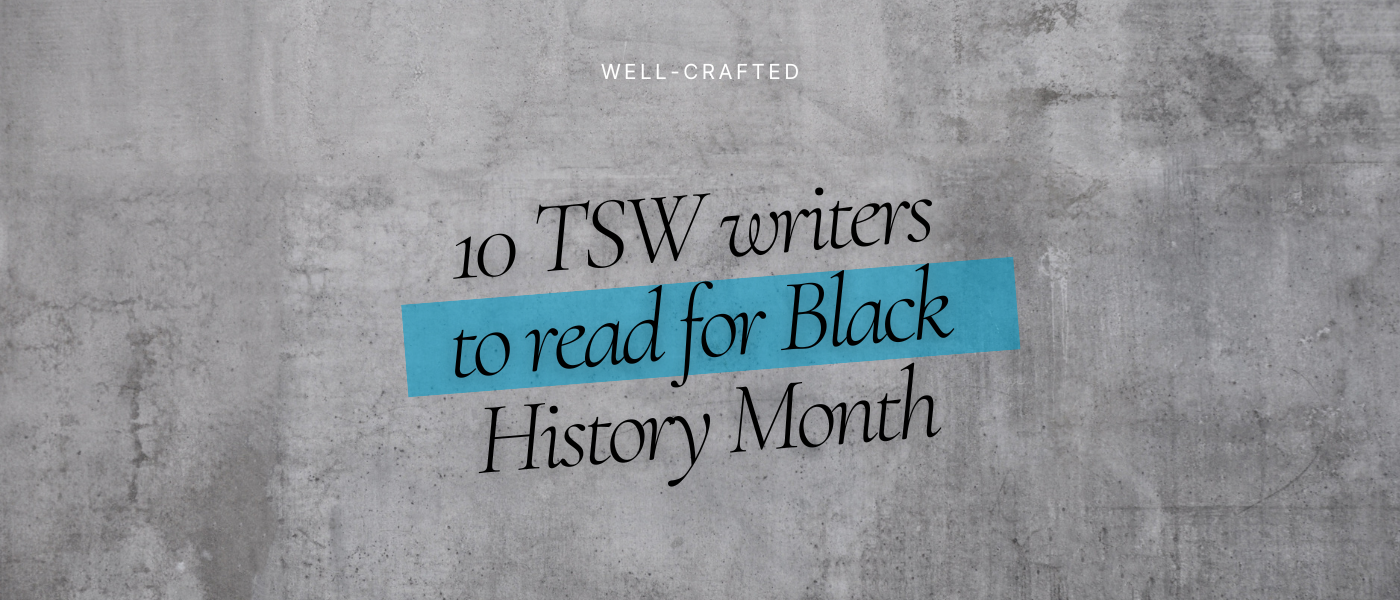Politics requires that we forget language is a creation. But if we trace back the lineage of our word-crafting and meaning-making far enough, it’s not hard to see how humans have long used words as a way to obscure, conceal, and confuse. Words like “progress” have been used to gild our culture of perpetual striving and dissatisfaction; words like “normal” protect the powers that demand compliance from those who challenge the status quo; and words like “history” offer up a facade of objectivity when, in fact, memory is inherently inequitable. The biggest stunt capitalism has pulled off is convincing society that “creativity” is a luxury or a privilege, when capitalism is what has actually destroyed the value of it. As writers and artists, our medium is quite literally the message, so how can we hone a deeper awareness of what that very language has worked to conceal?
All our systems are working as they were meant to — including the sprawling mechanisms of language. They are working so well, in fact, that it can feel impossible to tear them down and start over. But this is where our work really begins, at this very precipice. Something has to shatter so that we might rebuild, and we as writers and artists are the ones who must collectively construct the hammer. Awareness of corrupt systems is a necessary first step, but beyond that, how can we use our words to create real change instead of just recycling performative language?
For this issue, we are asking you to dig deep into the root of a word, a concept, or a belief, and to tell us what you find. What are the institutions — family, religion, education, and beyond — that dictate your understanding of the world, and where do you locate the sting of disillusionment? How can we redefine what “satisfaction” looks like within late-stage capitalism, and can we reframe how society perceives and dictates “value”? What do we do when nothing matters? And what words in your life have been obfuscated beyond meaning? We want to know: What truths have you unearthed beneath the falsitudes, and how is what is real related to what’s possible? Tell us: How do we get back to the root of things — how can we pull up the weeds in our work to make space for new growth?
This call was co-curated by Sarah Ghazal Ali, Joyce Chen, sheena d., Alysia Gonzales, Avi Hegland-Fisher, Swastika Jajoo, and Bretty Rawson.
The featured image for the issue is a stock image, photographer unknown.



